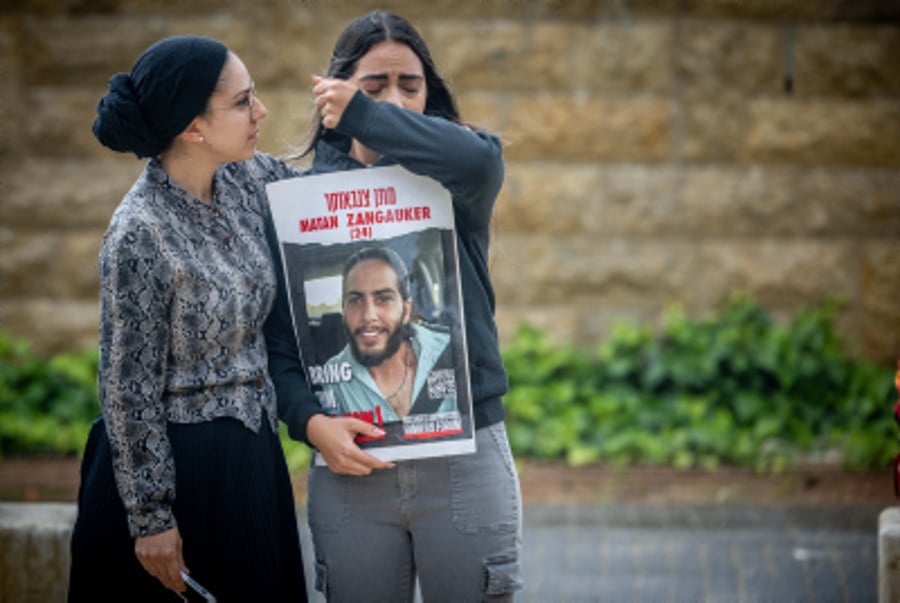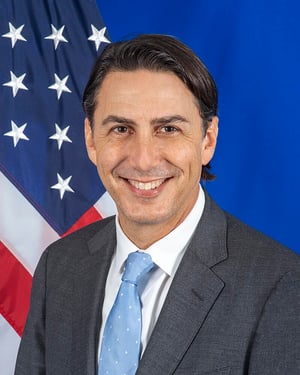
In the shadow of ongoing conflict, a new study sheds light on a less visible tragedy unfolding in Israel. For nine harrowing months, families of kidnapped individuals have endured an unrelenting state of uncertainty and fear. They have been left in the dark, with no knowledge of the whereabouts or well-being of their loved ones, unsure if they are even alive. Their lives have been upended by what researchers call "ambiguous loss."
This prolonged ordeal has taken a severe toll on their mental and physical health, as revealed in a recent study. Conducted over three months and involving 18 hostage families, the study reveals a disturbing picture of deteriorating mental and physical health among those left behind.
As reported by Israel National News, the research, led by Dr. Einat Yehene, a rehabilitation psychologist, and Professor Hagai Levine, head of the health system in the family headquarters, paints a grim portrait of the far-reaching consequences of prolonged captivity.
Family members are grappling with a spectrum of issues: occupational disruptions, economic instability, and strained family relationships. The psychological toll is severe, with many experiencing anxiety, depression, PTSD, and survivor's guilt.
Perhaps most alarming are the physical manifestations of this stress. Interviewees reported severe sleep disturbances, neurological disease outbreaks, weakened immune systems, and eating disorders. There's also been a notable increase in the use of sleeping pills, tranquilizers, and harmful habits like smoking.
"We anticipate an epidemic of psychological pathologies and chronic illnesses among the families," the researchers warn.
As Professor Levine poignantly notes, "Even after the return from captivity, the family members may neglect themselves without appropriate intervention, and precisely then there may be deterioration and breakdown."
In response to these findings, the family headquarters is calling for the establishment of a civilian rehabilitation center to provide ongoing support to hostage and returning families. This proposal will be presented to the Knesset Health Committee, highlighting the urgent need for systematic, organized, and comprehensive care with a long-term perspective.
The impact of this conflict extends far beyond the frontlines, the welfare of these families a critical, if often overlooked, concern.













